New Yorkers Respond with Grace and Poise Amid Crisis
May 4, 2020
Small signs of life remain along the streets of New York; a sunny April afternoon brought a modest crowd to East Fordham Road — an old man fed the birds, a socially-distant line formed outside of the new Krispy Kreme. People chatted and laughed and went about their business as the pandemic that brought this city to a screeching halt slowly began to dwindle.
In March, New York City quickly emerged as a major hotspot of the coronavirus pandemic in the United States. As it stands, reported cases in New York state outnumber the case totals in any country outside of the U.S.
On the worst days, an endless symphony of ambulance sirens filled the streets as retail stores, bars and many restaurants remained closed, Broadway was shuttered, and upwards of 500 New Yorkers a day lost their lives — mothers, fathers, grandparents and children; first responders, nurses and doctors. The death toll in the city, over 13,000 as of Friday, May 1, is like nothing recent generations have ever witnessed.
The horrors that coincided with the peak of this outbreak have left the city reeling: the steady leadership of Governor Cuomo somewhat diminished by the torpid federal response to the outbreak, the delighted refusal of certain senators to offer financial relief to state governments and the string of damning articles detailing the failures of the New York City government to take appropriate precautions to mitigate this crisis.
Amid the tragedy, the chaos and the negligence of the people entrusted to protect the interests and health of American citizens, though, New Yorkers did what they do best: put on a brave face and powered through. They stocked the shelves of grocery stores; they drove the buses and trains; they confronted this virus head-on in the hospitals, even as the days grew bleaker and the flatlines got louder. They stayed home when they were told to; they sewed gowns for hospital workers; they delivered food to their neighbors. The masks that we now sport on a daily basis on the streets, once an unsettling image, became a beautiful symbol of New Yorkers’ collective concern for one another.
Bodega owners, excited to see some business, greet my roommate and me with a smile as they hand us our sandwiches and tell us to stay safe. The Dunkin’ Donuts employees who have been working through the entirety of this crisis now regularly ask me how my family and I are doing as I collect my coffee and ask them the same question.
The high school students I used to tutor in a classroom now sit at desks in their rooms, or the rooms they share with their younger brothers or sisters, or their living rooms, where the family computer is, and find it in themselves to talk about math and social studies homework as if such things maintained the importance they did a few months ago. They talk about getting up early for online classes and assignments; they talk about the creative ways they keep busy; they talk about who they’ve lost in the past weeks, but they carry on with strength and composure that I’ve simply never had. In this heinous moment in history, New Yorkers of all ages have managed to confront each day by being their best selves: kind, selfless and tough.
This is not a defense of the policies that got us to where we are right now. It’s not my way of excusing the way that society privileges certain people while forcing others to put themselves in harm’s way just to stay afloat. This is not me wiping my hands clean of guilt by calling essential workers heroes — even though they never asked to be put in such danger — and moving on. Those all remain serious concerns. The way this virus has exposed the faults in our political structures and what we’ve been taught to value should give all of us pause and stick with us until these concerns are finally addressed.
The response of New Yorkers should remind us all of the capacity we have to come out of this crisis as a better city in a better world. I believe that among us, in the neighborhoods and boroughs of New York City, are the finest, smartest, most compassionate humans that exist. Let’s remember how we leaned on them in these darkest of days, and let’s use that memory for good.
Jack Andrews, FCRH ’20, is a political science major from Pembroke, Mass.

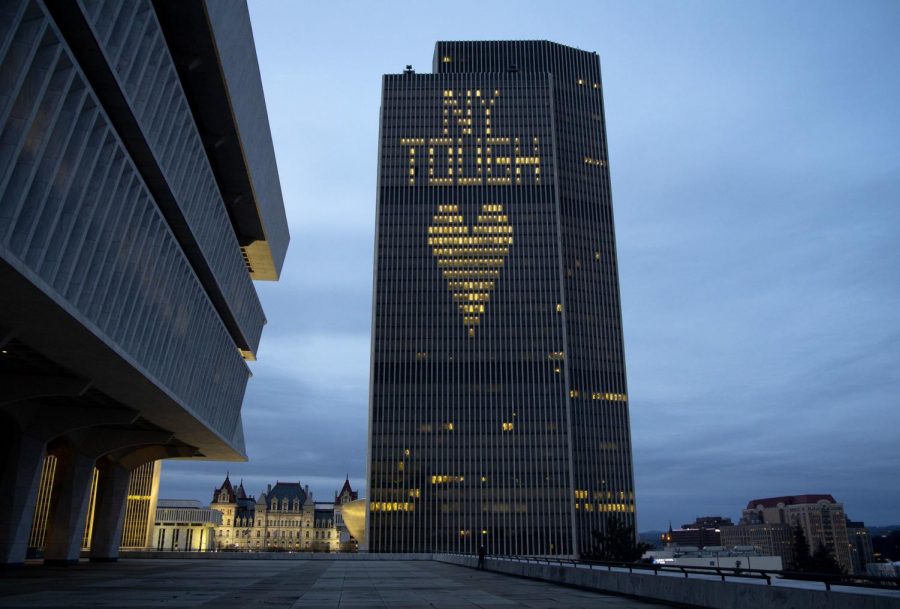
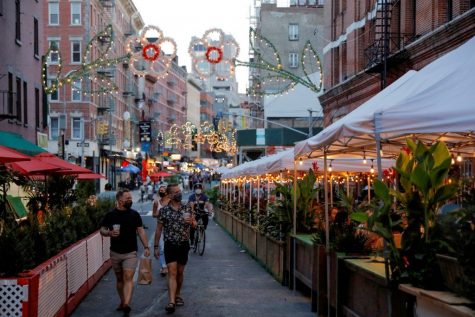

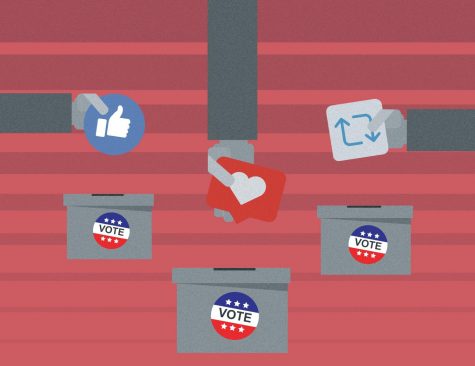



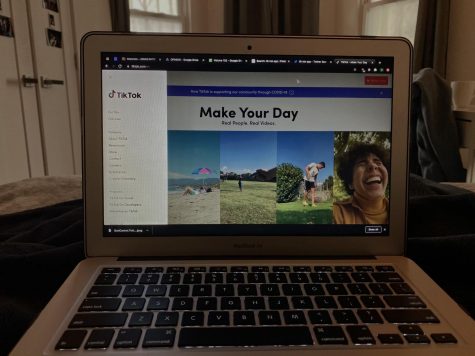
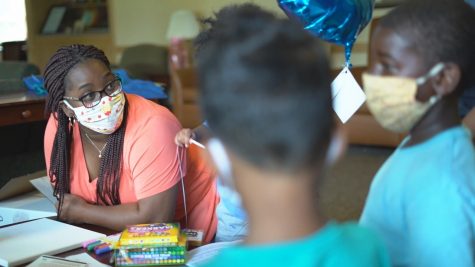


If you want a picture to show with your comment, go get a gravatar.